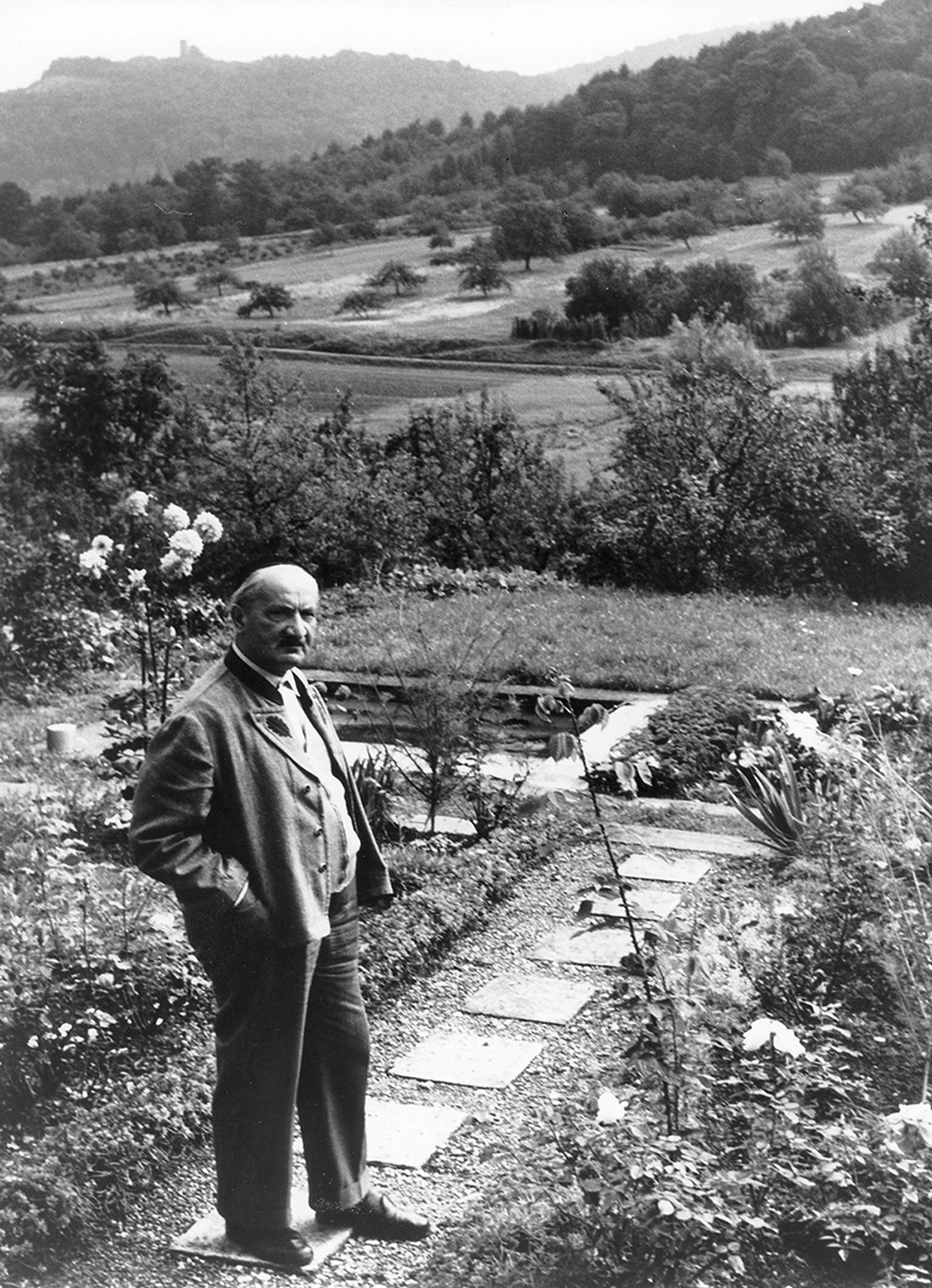
Psyche presents “Gardening with Heidegger: from mystery to truth, via the earth.” Byline: “The garden as a source of authority beyond human wisdom – on Martin Heidegger’s philosophy of gardening for truth.”
From the essay:
“Epicurus held his classes in a garden in Athens, where he taught the nonexistence (or at least indifference) of the gods. Roughly 700 years later, Saint Augustine converted to Christianity in a garden. British aristocrats used gardens to display the flora of the lands they colonised, and Native Americans today use them to preserve the plants of their ancestors. Every culture of every age established gardens for practical reasons such as food and medicine but also had deeper motivations, such as aesthetics and spirituality. What is it that makes gardens so special?
“No one ever claimed gardens served a single purpose, but the philosopher David E Cooper has written a concise book on the many reasons to praise them. In his A Philosophy of Gardens (2006), Cooper dismisses the idea of a garden as just a practical way of obtaining food and flowers. Instead, he gives us one ‘modest proposal’ and one ‘immodest’ proposal (his words). Neither is, from my perspective, modest, and both are insightful and reflect Martin Heidegger’s view of aesthetics.”
URL: https://psyche.co/ideas/gardening-with-heidegger-from-mystery-to-truth-via-the-earth
